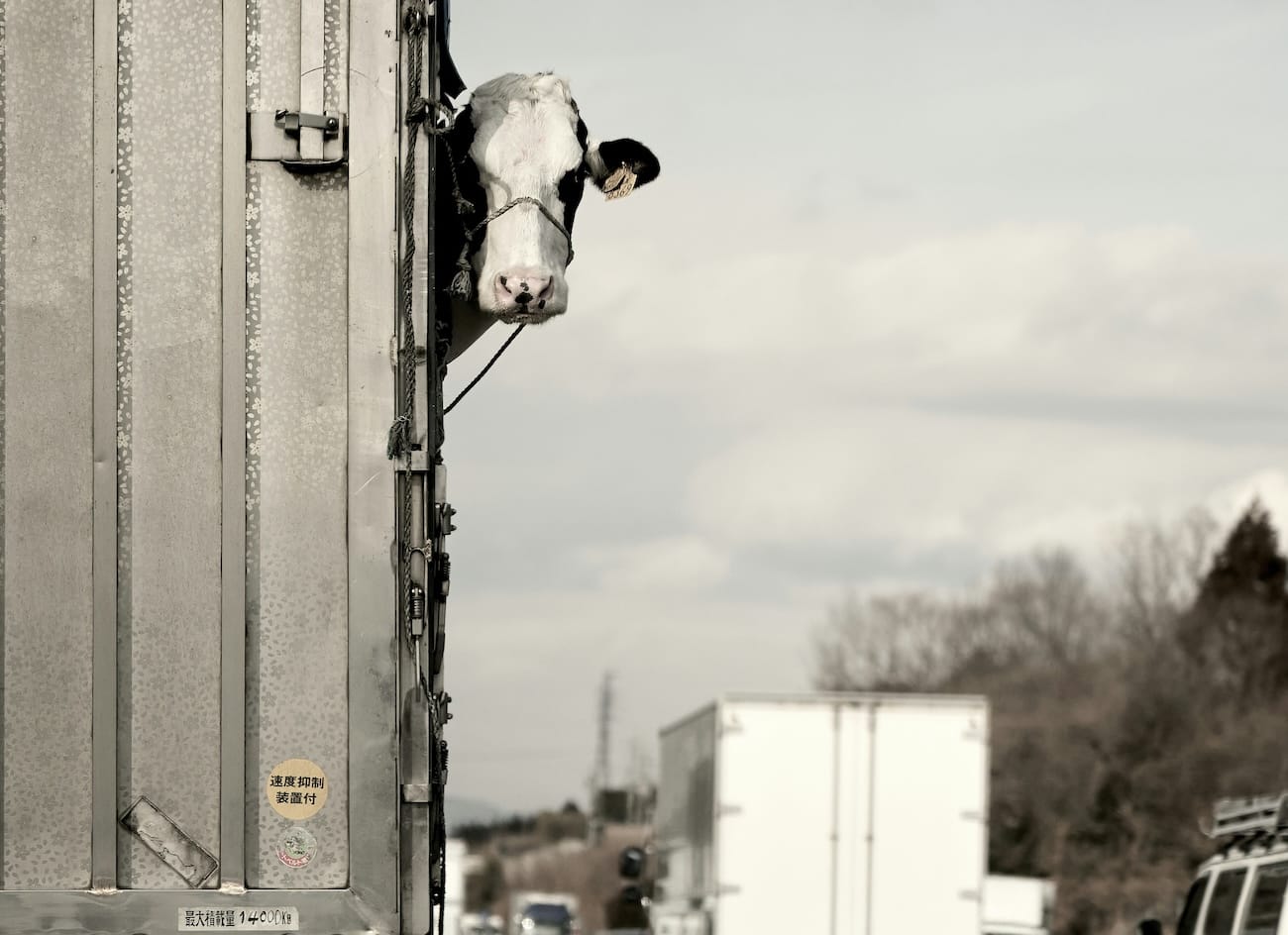Brooke Rollins Followed Through on Her Warning and Closed the Border to Mexican Imports of Live Cattle, Horse, and Bison
U.S. Secretary of Agriculture, Brooke Rollins followed through on her warning and closed the border to Mexican imports of live cattle, horse, and bison due to the continued and rapid northward spread of New World screwworm (NWS) in Mexico.

Screwworm is again a problem on the Texas-Mexico border.
NOTE: this article was originally published to LivestockWeekly.com on May 14, 2025.
US Closes Border To Mexican Imports Due To Screwworm Threat
WASHINGTON — U.S. Secretary of Agriculture, Brooke Rollins closed the border to Mexican imports of live cattle, horse, and bison due to the continued and rapid northward spread of New World screwworm (NWS) in Mexico. NWS has been recently detected in remote farms with minimal cattle movement as far north as Oaxaca and Veracruz, about 700 miles away from the U.S. border.
The United States and Mexico continue efforts to interdict and eradicate NWS in Mexico and work in good faith. However, despite these efforts and the economic impact on both countries due to this action, there has been unacceptable northward advancement of NWS and additional action must be taken to slow the northern progression of this deadly parasitic fly.
The import suspension will persist on a month-by-month basis, until a significant window of containment is achieved. USDA will continue constant collaboration with Mexico, including a review of latest data and metrics in two weeks.
Any livestock currently in holding for entry into the United States will be processed normally, this includes an APHIS port Veterinary Medical Officer inspection exam and treatment to ensure they are not carrying NWS.
“The United States has ordered the suspension of livestock imports through ports of entry along our southern border after the continued spread of the New World screwworm in Mexico. Secretary Berdegué and I have worked closely on the NWS response; however, it is my duty to take all steps within my control to protect the livestock industry in the United States from this devastating pest,” said Secretary Rollins. “The protection of our animals and safety of our nation’s food supply is a national security issue of the utmost importance. Once we see increased surveillance and eradication efforts, and the positive results of those actions, we remain committed to opening the border for livestock trade. This is not about politics or punishment of Mexico, rather it is about food and animal safety.”
Effective eradication, which remains the shared goal and best interest of both the U.S. and Mexico, requires a three-pronged approach: robust active field surveillance with education and outreach to ensure prevention, treatment, and early detection; controlled animal movement to limit spread; and sustained sterile insect dispersal. Suspending livestock transport through southern ports of entry will assist in the effort to limit northbound transport of NWS through livestock commerce and will allow the U.S. to reassess whether current mitigation standards remain sufficient.
USDA points out that the northward spread of NWS is possible through natural wildlife movements, including wildlife that transit the border region without impediment. To that end USDA is taking all possible actions to monitor for, and limit, the northward movement of NWS, including the utilization of the USDA Tick Riders to monitor livestock and wildlife along the southern border region, between the ports of entry, for the presence of NWS.
The National Cattlemen’s Beef Association, Texas & Southwestern Cattle Raisers Association, and Texas Farm Bureau, to name a few issued statements supporting the Ag Secretary’s decision to close the border.
“USDA’s border closure was entirely avoidable,” said NCBA CEO Colin Woodall. “U.S. government officials, NCBA and leaders from affiliated state cattle industry associations have been sounding the alarm for months. Unfortunately, the Mexican government created unnecessary bureaucratic hurdles which rendered prevention efforts ineffective and allowed screwworm cases to spread unchecked beyond control points in southern Mexico. The Mexican government’s failure to knock down senseless obstacles has left America with no alternative but a closure of the U.S. border until the outbreak is verifiably stopped, and the flies pushed back south of Panama’s Darien Gap.”
While NCBA acknowledges that the border closure will create economic harm for U.S. farmers and ranchers, and create supply chain disruptions, the costs will be far less than if New World screwworm crosses into the United States and we’re forced to fight the pest on U.S. soil.
Calling it a difficult but necessary decision, TSCRA president Carl Ray Polk, Jr. commended the secretary for her decision.
“While this action presents short-term challenges for cattle raisers, it is a critical step to secure the long-term health of the U.S. cattle herd,” Polk said in a statement released to the press. “Cooperation from the Mexican government is essential, and this move sends a clear signal about the urgency of the situation. Our association has consistently supported a border closure if warranted, and while we continue to work toward a domestic sterile fly production facility, we are left to rely more heavily on ground-based containment efforts.”
